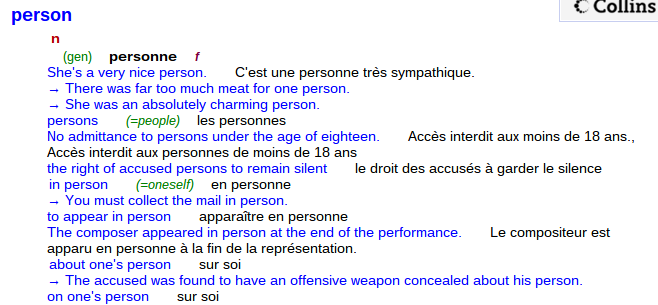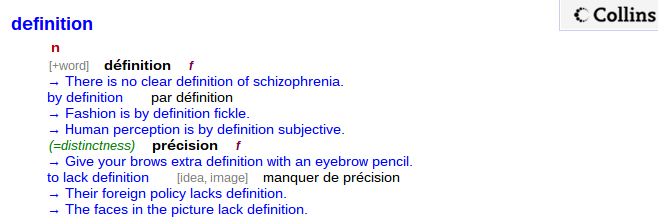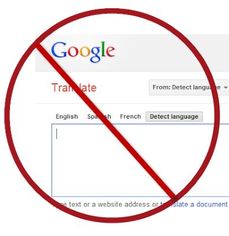|
DONNER: 3rd: rien, 4th: signed 1:1 computer permission form DEVOIRS: rien. Bon week-end! ITINÉRAIRE I. Sonneur:
II. Les jeunes français [60 min.]
 DONNER: 3rd: rien, 4th: signed 1:1 computer permission form
DEVOIRS: rien. Bon week-end!
0 Comments
DONNER: Signed syllabus form (late) DEVOIRS: 3rd: rien, 4th: signed 1:1 computer forms due TOMORROW ITINÉRAIREI. Sonneur [5 minutes]
I. La dictionnaire bilangue [30 minutes]
II. Les nombres 21 à 40 [20 minutes]
III. L'alphabet [20 minutes]
IV. Le vocabulaire [20 minutes]
DONNER: Signed syllabus form due TODAY DEVOIRS: 3rd: rien 4th: signed 1:1 computer permission form due FRIDAY ITINÉRAIRE I. Sonneur [10 minutes]
II. Les dictionnaires bilingues [20 minutes]
Two sides of the bilingual dictionary
Abbreviations
Determining gender using a bilingual dictionary
Determining which definition to use
Verbs are given in the "infinitive" form
Cognates and false cognates (les vrais amis et les faux amis)
III. Le vocabulaire [30 minutes]
 DONNER: Signed syllabus form due TODAY
DEVOIRS: 3rd: rien 4th: signed 1:1 computer permission form due FRIDAY DONNER: Signed syllabus form (Due tomorrow) DEVOIRS: Signed syllabus form due tomorrow ITINÉRAIREI.Sonneur [10 minutes]
II. L'alphabet [30 minutes]
II. Les ordres de la salle de classe [35 minutes]
Bienvenue au cours de français! Welcome to French class! This website/blog is where you will find each day's assignments as well as any resources that you will need in order to complete your assignments. Below is today's agenda. DONNER: Rien! (nothing!) DEVOIRS: Your syllabus form, signed by you and a parent/guardian, is due on WEDNESDAY! ITINERAIRE I. Sonneur [10 minutes] Each day we will have a "sonneur" or "bell-ringer." Your sonneur will be located here on the blog. When you arrive in class, you will sit down, pull out your notebook, and respond to the "sonneur." Throughout the semester, having all of your sonneurs complete may give you the opportunity for extra credit points.
II. Le syllabus [40 minutes]
III. Les informations [5 minutes]
IV. La langue et l'identité [30 minutes]
V. Billet à sortir
DONNER: Rien! (nothing!)
DEVOIRS: Your syllabus form, signed by you and a parent/guardian, is due on WEDNESDAY! |
Level 1 GlossariesThe use of translators is FORBIDDEN and is a violation of the honor policy.
RubricsFormsSyllabus
Course Outlines Redo/Make-up Form Did I submit a form? Redo/Make-up Deadlines Table of Contents Library Check-out School ResourcesArchives
March 2023
Categories |








 RSS Feed
RSS Feed
